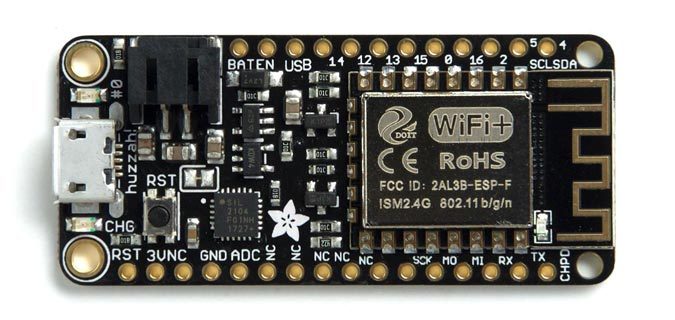uLisp is now available for the popular ESP8266.

As well as supporting all the existing commands, uLisp for the ESP8266 includes wi-fi networking commands to allow you to take advantage of the ESP8266’s wi-fi capabilities with the convenience of uLisp’s compact syntax.
For more information, examples, and recommended boards, see Lisp for the ESP8266.
